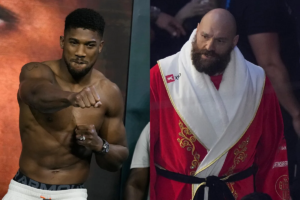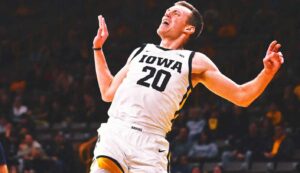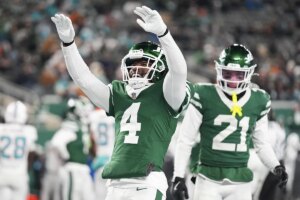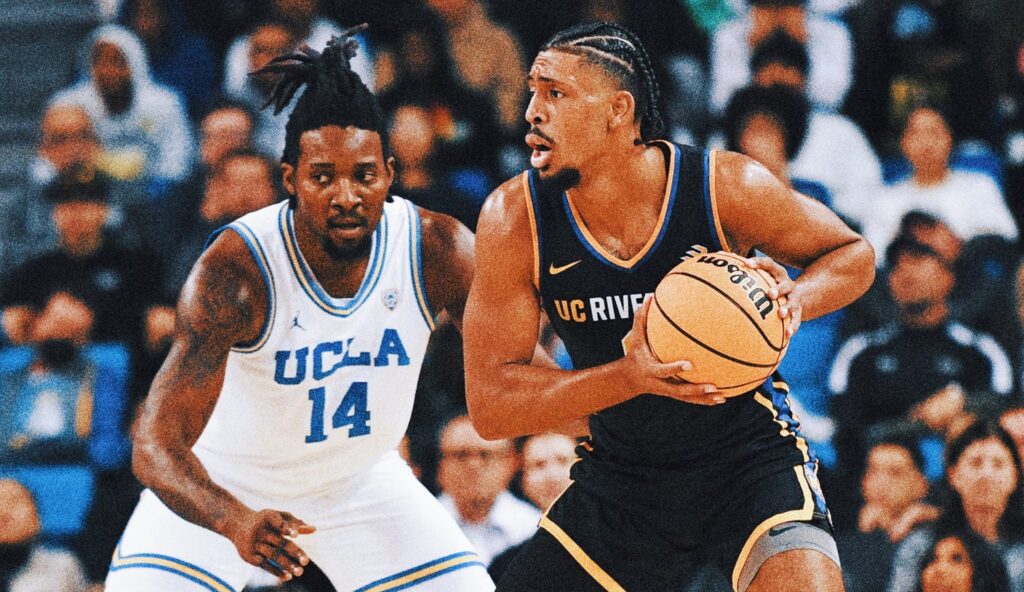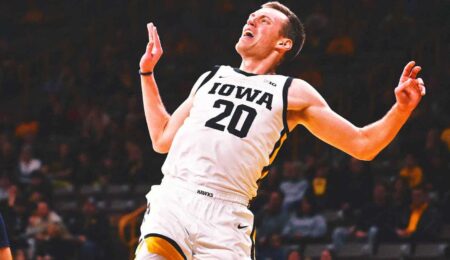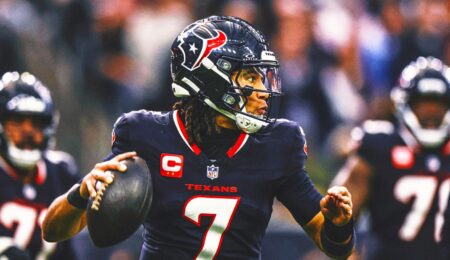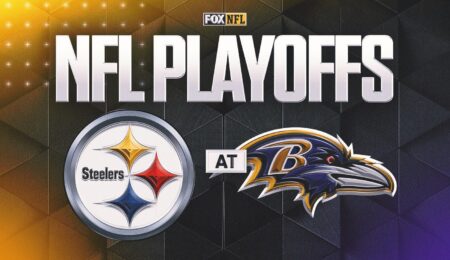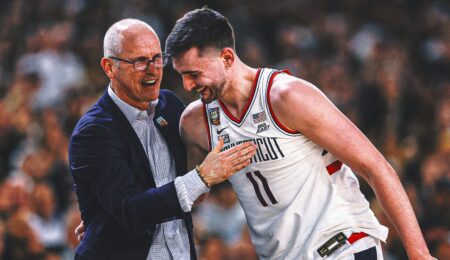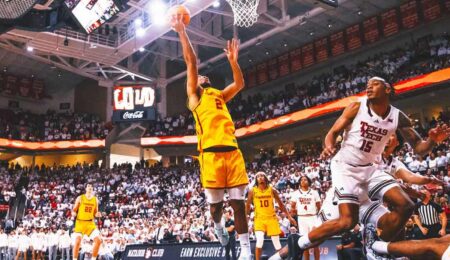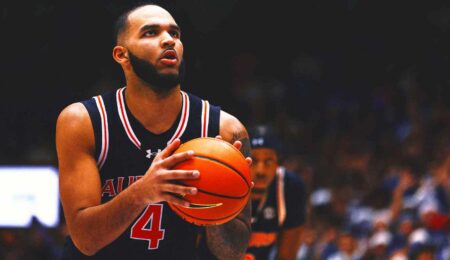Melissa Rohlin
FOX Sports NBA Writer
Kyle Owens lies in a bed at City of Hope as he battles cancer and various complications, a dizzying change for the 24-year-old whose life as a standout athlete has come to a halt.
Seven months ago, the 6-foot-8 Owens played as a forward for the men’s basketball team at UC Riverside. Things were going great. He was a team captain. His coach would use him as an example for recruits as someone who was willing to star as a role player. Last February in a game against Cal State Bakersfield, Owens even made a buzzer-beater, which landed him on “SportsCenter.”
But he was constantly fatigued. He had night sweats. He’d get chills and fevers after practices and games.
His athletic trainer urged him to go to an emergency room last March to get blood work. Hours before his Senior Night, an oncologist told him he had acute lymphoblastic leukemia.
Owens now needs a bone-marrow transplant, and he and his family are hoping people between the ages of 18-40 will take a cheek swab test to see if they’re a match.
“Just looking for somebody to save my life at this point and help me be able to live a happy, healthy life,” Owens said.
A patient’s chances of finding a match on the National Marrow Donor Program registry ranges depending on ethnic background. Black or African Americans are listed as having a 29% chance of finding a match, compared to 79% for Caucasians, according to the NMDP. People can register to join the donor program here, or they can text DoITforKO to 61474.
Owens’ father, Keith, who played basketball for UCLA and went on to play one season for the Los Angeles Lakers in 1991-92, said there are a lot of misconceptions about what being a donor entails.
“The blood stem cell transplant is what’s being done,” said Keith, who is a daily hire engineer in post-production who has worked for FOX Sports since 1996. “I don’t know what you know about bone marrow, but everything I ever heard was that it’s extremely painful for both sides, even the person donating to give bone marrow. Well, now just to see if you’re a match, it’s nothing but a cheek swab, which is less invasive than a COVID test. And if you are donating, it’s just a blood draw. Your blood is harvested for cells that are needed to replace the bone marrow.”
Those closest to Owens are trying to organize drives at college campuses to get people to sign up to get swabbed to see if they’re a match. There was one held at Cal Lutheran University in Thousand Oaks last Monday and another held at UC Riverside last Wednesday, which Owens’ former UC Riverside coaches and teammates all attended.
“All 15 guys, they were out there with signs,” UC Riverside men’s basketball coach Mike Magpayo said. “Our school had a record of 120 new registrants or new swabs, and we had just over 200 [total]. They set a goal of 200 that day and, over a three-hour period after practice, they battled their butts off out there.”
As the college basketball season begins, Owens and his family hope more universities will hold similar drives that could help him and the 18,000 other patients who receive similar diagnoses each year find a match.
“There’s not as many people who look like me in the registry, so, just trying to get more people that look like me to sign up,” Owens said.
After receiving the initial diagnosis, Owens has dealt with a series of ups and downs, the latter of which included a scan that revealed a tumor near his spine. He lost sensation in his legs and the ability to walk, and underwent radiation and steroid treatments to shrink the tumor from about 10 centimeters to 1 centimeter, according to Keith.
Owens poured himself into regaining his strength at a rehabilitation facility in Century City and is now able to walk with a walker.
His determination is obvious to everyone around him. In fact, hours after he received the cancer diagnosis, he insisted on playing on senior night, lasting a few minutes before needing to be subbed out.
At that time, only his athletic trainer, coaches and family knew what was going on. He didn’t want to distract his teammates, who were fighting for a spot in the Big West Conference tournament, which they secured with an 84-74 win over Cal State Fullerton that evening. Immediately after the game, Owens went to UCLA and began treatment.
Of course, Owens’ teammates realized something was wrong when he missed their next game against UC Santa Barbara. After their 81-64 win, Magpayo broke the news to the team in a conference room on campus.
“It was a more emotional scene than I would’ve imagined,” Magpayo said. “Guys were broken and they still are. When they think about it and talk about it, they want him to get out of this fight. We’re all realizing right now how hard this fight is going to be. He’s legitimately going to fight for his life. There were tears.”
Those closest to Owens describe him as someone who lights up a room.
The news may have hit hardest for Nate Pickens, Owens’ best friend and former roommate and teammate.
“Just hearing about it, it definitely broke me,” said Pickens, who describes Owens as “selfless,” “caring” and “welcoming.” “…He’s just a person you want to have around. Every friend group wants a guy like that.”
As a fifth-year senior, Owens averaged 8.8 points and 5.5 rebounds. And after receiving the diagnosis, he went on to finish his master’s in business management from UCR in between chemotherapy treatments.
He has big hopes for what comes next.
And the more people who get swabbed, the closer he could be to realizing them.
“If you are a match, all it takes is give a little blood,” he said. “It’s nothing crazy from the donor … Just being able to live a long, happy, healthy life is just my biggest goal.”
Melissa Rohlin is an NBA writer for FOX Sports. She previously covered the league for Sports Illustrated, the Los Angeles Times, the Bay Area News Group and the San Antonio Express-News. Follow her on Twitter @melissarohlin.
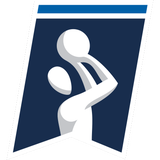
Get more from College Basketball Follow your favorites to get information about games, news and more
Read the full article here

